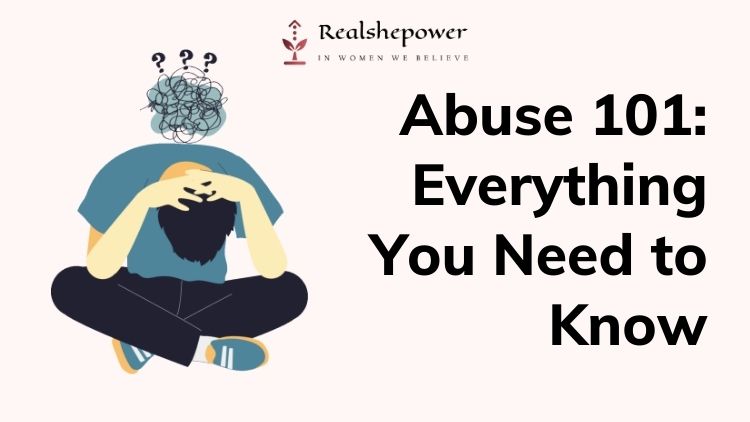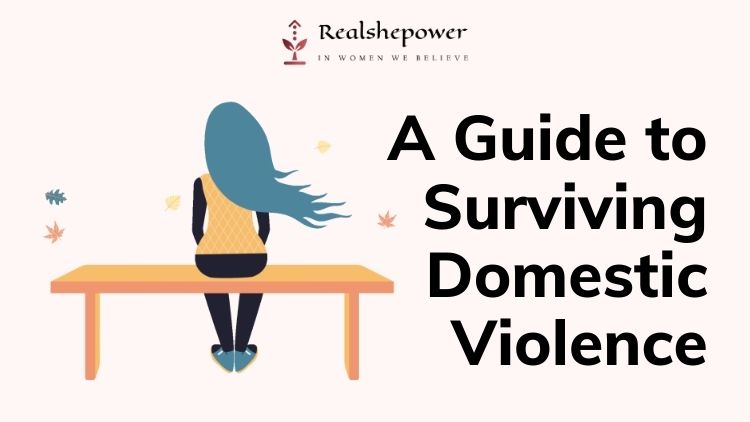What Is Abuse? Understanding the Types and Signs of Abuse for a Safer Tomorrow


Abuse is a serious issue that affects people of all ages, genders, and backgrounds. Whether it’s physical, emotional, sexual, financial, or verbal abuse, the impact on victims can be devastating. In this article, we’ll cover the basics of abuse, including the different types of abuse, signs to look out for, and what you can do to prevent and report abuse.
Table of Contents
What is abuse?
Abuse is a form of mistreatment that causes harm or injury to another person. This can include physical violence, emotional manipulation, sexual assault, financial exploitation, or verbal abuse. Abuse can be inflicted by an individual, group, or institution, and can have serious consequences for the victim.
What are the types of abuse?
There are several types of abuse, including:
Physical abuse: the intentional use of force that causes bodily harm, such as hitting, pushing, or choking.
Emotional abuse: behaviors that undermine a person’s sense of self-worth, such as insults, humiliation, or isolation.
Sexual abuse: any unwanted sexual contact or behavior, including rape, molestation, or harassment.
Financial abuse: the misuse or withholding of financial resources, such as stealing money, controlling access to funds, or pressuring someone to give away assets.
Verbal abuse: the use of language to belittle, intimidate, or threaten someone, such as name-calling, yelling, or using derogatory terms.
Who can be a victim of abuse?
Anyone can be a victim of abuse, regardless of their age, gender, race, religion, or socioeconomic status. However, some groups may be at a higher risk for certain types of abuse, such as children, women, the elderly, and individuals with disabilities.
What are the signs of abuse?
The signs of abuse can vary depending on the type of abuse, but some common indicators include:
-Physical injuries, such as bruises, cuts, or broken bones
-Changes in behavior, such as becoming withdrawn, anxious, or depressed
-Emotional distress, such as crying, shaking, or trembling
-Self-harm, such as cutting or burning oneself
-Difficulty sleeping or eating
-Avoiding social situations or activities
-Unexplained financial changes, such as missing money or sudden debts
-Unwanted sexual advances or behavior
What should I do if I suspect someone is being abused?
If you know someone who is experiencing abuse, it is important to offer your support and help them access resources. You can encourage them to seek help from a professional, such as a counselor or social worker, and offer to accompany them to appointments. You can also connect them with local resources, such as domestic violence hotlines or victim advocates. It is important to listen to them and believe their experiences, and to avoid blaming or judging them for their situation.
What should I do if I am experiencing abuse?
If you are experiencing abuse, it is important to reach out for help. You can contact a local domestic violence or sexual assault hotline, or seek help from a professional, such as a counselor or social worker. It is important to create a safety plan and to avoid confronting your abuser alone. You can also seek legal assistance or file a restraining order, if necessary. Remember that you are not alone, and that help is available.
What is the best way to prevent abuse?
The best way to prevent abuse is through education and awareness. It is important to educate individuals on what constitutes abuse, how to recognize the signs of abuse, and how to report it. Additionally, promoting healthy relationships and respectful communication can help prevent abuse from occurring.
Also Read: Understanding the Warning Signs, Resources, and Support for Domestic Violence Survivors

You can now write for RSP Magazine and be a part of the community. Share your stories and opinions with us here.
